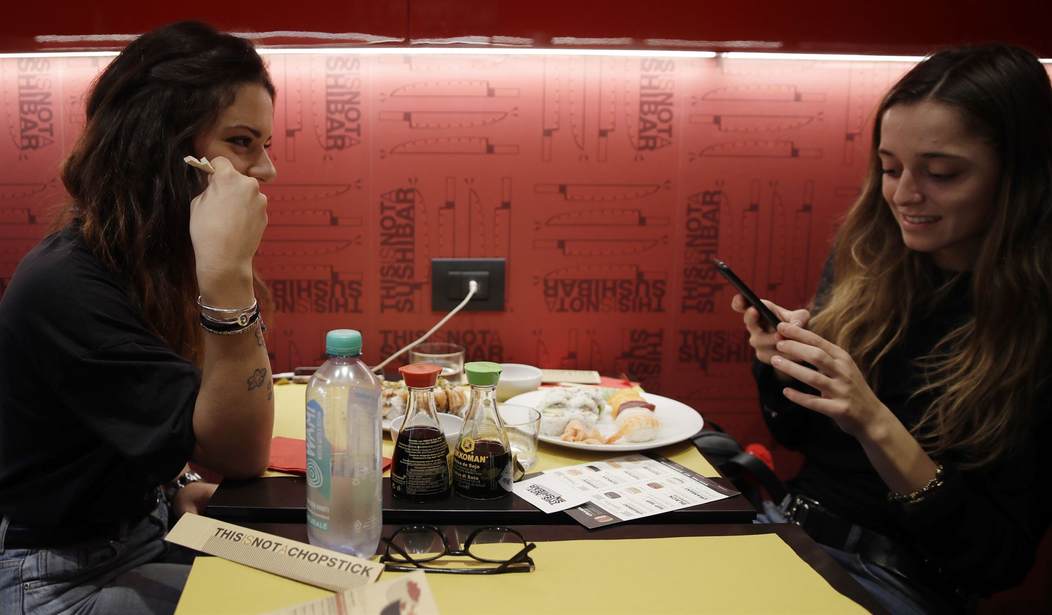Maybe I'm getting less tolerant as I get older.
My wife and I have a favorite place here in the Susitna Valley, where we go every Saturday for lunch. This local lodge has great food, great company, and is a favored hangout for not only summer tourists but also Valley locals. They know us there, we know them, they know what we like to eat and drink, and they know my wife's particular dietary requirements due to her medical conditions.
There's a point to all this, I promise you.
Most weeks now, it seems, I find myself annoyed while eating at this favorite place. Not at the food or drink, not at the staff, not at the surroundings, but because some schmuck sits at the table with his family eating lunch with this hat or cap still plopped on his head.
The Old Man would have had something very pointed to say if I had ever showed up at the dinner table with my head covered. It still bothers me to this day. But societal standards and expectations change, whether we would or not, and that brings me to another aspect of the dining experience: Tipping. The Free Press' Olivia Reingold has some thoughts on that score:
This summer I was at Newark Airport, racing down a moving walkway to grab a bottle of water before takeoff. I snatched a Smartwater, scanned it at a self-checkout, and then gritted my teeth at the price: $8.
What a rip-off, I thought. But I know retailers hold us captive at the airport, so with no other options, I swiped my card.
Suddenly another notification flashed in my face: Would you like to add a tip?
The kiosk listed three amounts: 15%, 18%, 20%.
The chutzpah of this robot. Surely it was infected with a virus to think it could ask me, a human, for a tip at a time when inflation has hit record highs.
I'm pretty sure I've paid for stuff at that same machine or at least one like it, a few years back when work had me going through Newark myself, every now and then. And I have a hard and fast rule for tipping when no humans are involved: Zero.
Tipflation seems to have gotten out of hand. I consider myself a generous tipper, when I receive good service. The waitstaff at the lodge I mentioned above gets good tips from me - I consider 20 percent to be a very good tip indeed - because they are not only cheerful, friendly, and helpful but because in the small community we live in, they are also friends and neighbors.
Some years back, though, my wife and I and my father-in-law stopped at a well-known Colorado pizza joint and got some of the worst service I've ever received; the waiter was slow to show up, the drinks were slow to arrive, the pizza arrived almost an hour after we placed our order -- and the place wasn't very busy. Why? Because the people sitting in the booth across the aisle from us were friends of the waiter, and he spent more time talking to them than working. When our pizza finally arrived he stopped, pizza in hand, and talked to them for several minutes before placing our pizza carelessly on the table without even turning around or acknowledging us.
When we were finished, I left a nickel for him on the table.
It's true that waitstaff are generally paid a less-than-minimum wage and depend on tips for much of their income. It's also true that the tip system provides an incentive for good service. But as Reingold's piece points out, the situation has gotten out of hand.
Turns out I’m not the only curmudgeon out there. The internet is awash with complaints about tipping inflation gone mad. In early August, one online commenter was baffled when they went to pay the $40,000 bill for their home upgrades, and the online form asked if they wanted to show their “appreciation” by adding a 5 to 15 percent tip. The average American doesn’t have a thousand dollars set aside for emergencies, let alone a $6,000 token of gratitude.
If a business wants to survive, it has to please its customers first and foremost -- even before its employees. Asking for a 15 percent gratuity on a repair bill running into the thousands isn't the way to do that.
Tipping, of course, isn't the only societal norm that's changing. Nor is the aforementioned hat issue. It's been a while since I saw a young man open a car door for a young woman. Things are changing, and not necessarily for the better. Some of it is annoying -- like the family we saw walking through the airport the other day wearing pajama pants; some of it is dangerous -- like the increasing numbers of crimes committed against the elderly.
I think it all comes back to a sense of entitlement. People feel entitled to an ever-increasing share of the bill whether they have delivered good service or not; they are entitled to dress like homeless people when traveling, as their own comfort is more important than the perception the people around them have of these slobs.
As I said, I consider myself a generous tipper when I receive good service. I won't tip a machine. I won't tip when service is bad. I won't put money in a tip jar for someone who is doing no more than ringing up my bottle of pop. I also uncover my head when at the dinner table, I'm never rude to a lady (I have on many occasions been rude to a woman, but never to a lady), and I hold doors for people.
There are some of us who stand athwart the tide of changing norms, shouting "Stop!" I have been and will always be one of them.














Join the conversation as a VIP Member